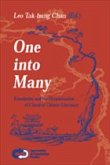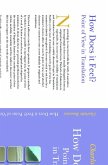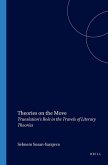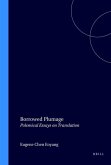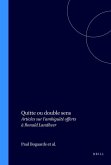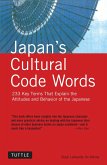In this study, Geoffrey Westgate offers a new understanding of Irmtraud Morgner by reading her as a specifically East German writer. Through close analysis of her works - the early journalism and socialist realism, the 'socialist modernism' of the banned Rumba auf einen Herbst, the largely neglected, but key, texts of the late 1960s, the major novels, Beatriz and Amanda, and the final, uncompleted work, Das heroische Testament - the book examines the literary strategies Morgner adopted with respect to pivotal cultural-political developments in the GDR. The first to consider the trajectory of Morgner's career as a whole, the study uncovers texts which have not appeared in bibliographies of her writings and draws on new biographical material, including the writer's Nachlaß. In addition, the author uses archival material from the GDR Ministerium für Kultur and Ministerium für Staatssicherheit to illustrate how Morgner's texts were censored and how the writer was monitored by the secret police. The book therefore provides a case study of official GDR Autorenpolitik and also shows that Morgner's oeuvre cannot be fully understood unless it is viewed in the context of this state control and surveillance. Morgner's writings bear complex but eloquent testimony to the possibilities for literature in a dictatorship.
Hinweis: Dieser Artikel kann nur an eine deutsche Lieferadresse ausgeliefert werden.
Hinweis: Dieser Artikel kann nur an eine deutsche Lieferadresse ausgeliefert werden.


